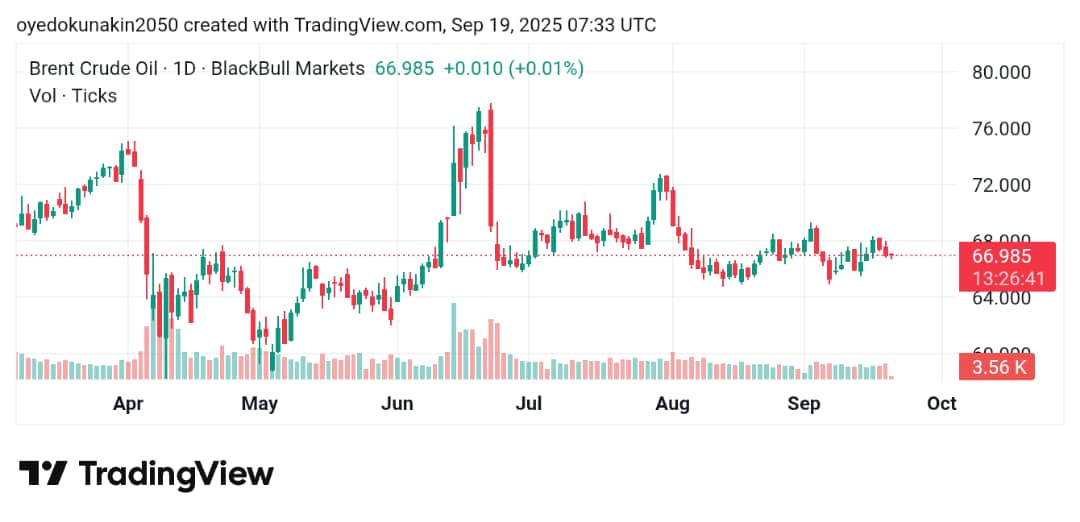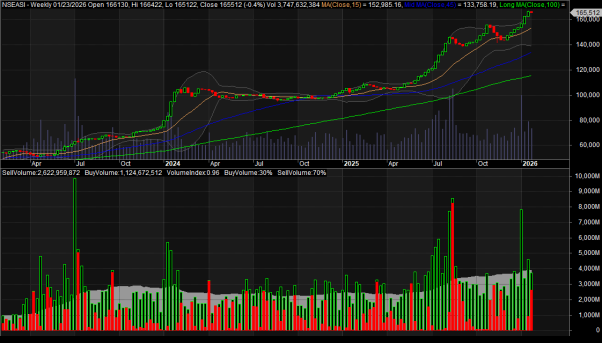
Akintunde Oyedokun
Research Analyst
Oil prices fell for the week, with Brent closing at $66.68 and WTI at $62.68, as strong supply and weak demand overshadowed the U.S. Fed’s rate cut. Analysts say OPEC’s reduced cuts and steady Russian exports keep supply high, while demand is expected to stay soft due to economic concerns and refinery maintenance season.
Canada’s Retail Sales Drop in July But Recovery Seen In August
Canada’s retail sales fell 0.8% in July to C$69.6 billion, led by weaker spending on clothing and groceries, reversing much of June’s 1.6% gain.
An advance estimate points to a 1% rebound in August, raising hopes that third-quarter GDP could avoid contraction despite trade concerns and a weakening labor market.
Banxico Expected To Cut Key Rate To 7.50% On September 25 Amid Slowing Economy
Mexico’s central bank is expected to cut its benchmark interest rate by 25 basis points to 7.50% on September 25, marking its 11th reduction this year to support a slowing economy. Inflation is near target, Q2 growth has stalled, and the recent U.S. Federal Reserve rate cut adds pressure for continued easing. Most economists anticipate another rate cut in November.
Uganda’s Debt Rises 26% on Heavy Local Borrowing
Uganda’s public debt jumped to $32.3 billion in 2024/25, up 26.2% from the previous year, driven mainly by a 52.7% surge in domestic borrowing. Debt-to-GDP rose to 51.3%, with higher interest costs straining funds for key sectors like health and education.
The government’s push for large infrastructure projects in energy and transport fueled much of the borrowing. Analysts warn that continued reliance on expensive domestic loans could worsen fiscal pressures in the coming years.
Nigeria Seeks to Strengthen NBS With Financial Autonomy
Nigeria plans to give the National Bureau of Statistics (NBS) financial independence to enhance the reliability and credibility of its data. Proposed reforms include creating a National Tax Trust Fund for sustainable funding and allowing NBS to collect data directly from private entities. The current law, last updated in 2007, is seen as outdated. The reform bill has passed First Reading in the House of Representatives.
The move has attracted international interest, with a Liberian delegation visiting to learn from Nigeria’s statistical practices. The Federal Government has reaffirmed its commitment to maintaining NBS’s independence amid concerns over data credibility.












